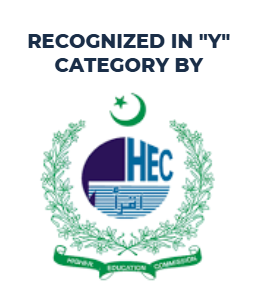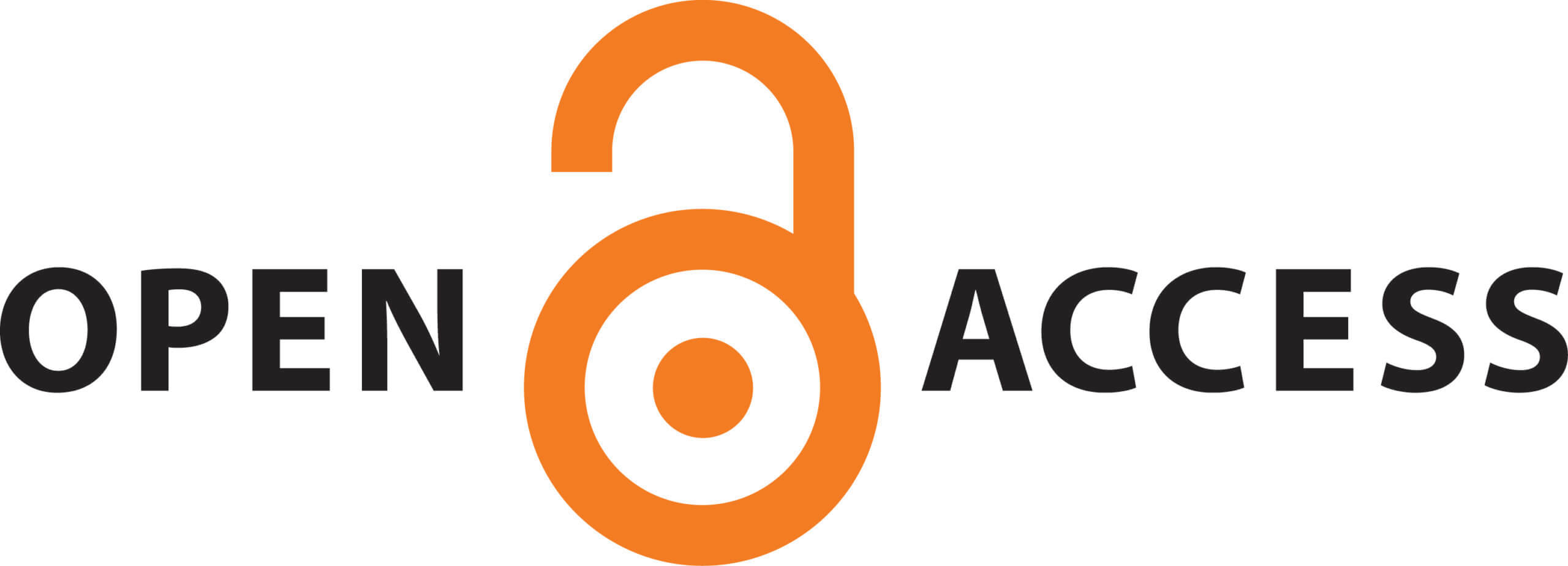Pragma-Rhetoric Analysis of Political Discourse: A Case of Pakistan’s Prime Minister Shahbaz Sharif’s Victory Speech
DOI:
https://doi.org/10.24312/ucp-jll.02.01.370Keywords:
communication, intentions, persuasion, Pragma-Rhetoric analysis, speech acts, political discourseAbstract
Political discourse (PD) plays a significant role in disseminating political ideologies. Previous studies mainly examined PD from a critical discourse perspective ignoring the significant contribution of the pragma-rhetorical approach that provides systematic tools for multi-level analysis of discursive contextualization of political power struggle and confrontation. The current study investigates the use of different speech acts and modes of rhetoric used by Pakistan’s PM Shahbaz Sharif in his victory speech, for effective persuasion, and to detect communicative and persuasive intentions. In the current study, qualitative data analysis is conducted through thematic analysis by utilizing Searle’s (1969) speech acts theory, Lucas’s (2009) persuasive appeals, McQuarrie’s and Mick’s (1996) rhetorical devices as theoretical frameworks. The findings reveal that the representatives were the most frequently used speech acts, in contrast, the least frequently used speech acts were expressive. Moreover, the frequency of persuasive intention was 59% which is higher than the communicative intentions that showed the speaker was inclined to persuade his audience by asserting facts and making promises.
Downloads
Published
Issue
Section
License
Copyright (c) 2024 UCP Journal of Languages & Literature

This work is licensed under a Creative Commons Attribution 4.0 International License.









